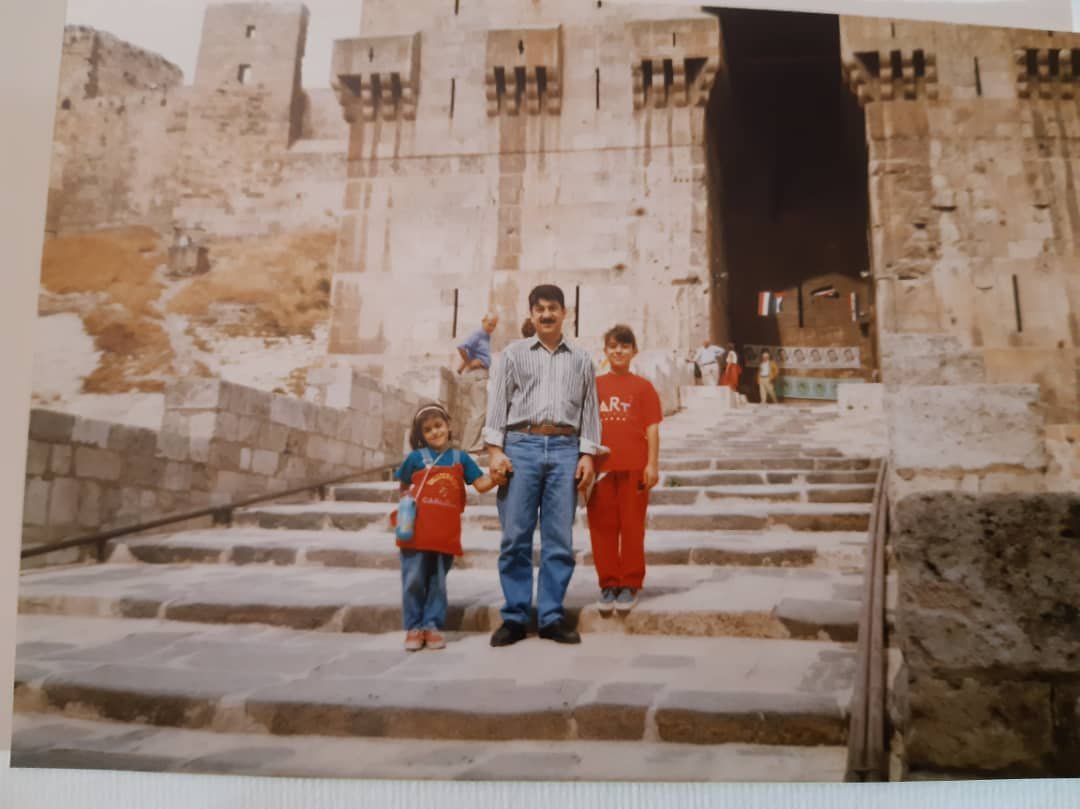Personal perspectives
Most of the Portico Library’s 25,000 books are over 150 years old. Its large Voyages & Travels section offers British and European perspectives on cultures from across the world at a time of colonial expansion and exploitation.
Apapat Jai-in Glynn, Portico Library Engagement Coordinator:
“When our exhibition planning group found this book, we had a great conversation about Hindu gods and how our various cultures intersect and overlap. As a Thai person, I grew up with influences from China, India, and Southeast Asia and we can still see evidence of Hindu history throughout our museums, literature, and ceremonies today. Since working at the Portico, I have discovered a lot of books commenting on Southeast Asian culture from British viewpoints that omit local people’s perspectives and experiences.”
The Vara Avatar, from The History of Hindostan, Thomas Maurice, 1795
A Journey from Aleppo to Jerusalem in 1697, Henry Maundrell, 1721
Abir Tobji In the Margins project coordinator:
“This view of Aleppo is familiar to me. Growing up in Aleppo, I saw this view from my window every day.”
Everyone’s perspective on the world is unique and is formed from their own personal experiences. How about you? Do you remember the view from your window where you grew up?
Share the view from your window and see other people’s views from around the world at www.window-swap.com
Abir Tobji and her family in Aleppo, late 1990s
Dr Shahireh Sharif, collection care volunteer, shares her passion for the Iranian classic poem Shahnameh (The Epic of Kings) on her website, www.friendsofshahnameh.com. After volunteering with the Library for many months, she found this 1883 edition of the book in the Portico collection, translated into English by Helen Zimmern.
The Epic of Kings
1883, by Helen Zimmern
Shahireh:
“Shahnameh is a long poem (over 50,000 rhyming couplets) of stories from Greater Iran. It was written in 1010 A.C.E and is particularly timeless due to its universal human values.
به نیکی گرای و میازار کس
ره رستگاری همین است و بس
Being benevolent, kind and merciful
is the only way to salvation
Shahnameh includes the story of Zal, a baby rejected by his father because of his white hair. Zal grows up to become a saviour of the society which cast him out at birth. Although hair colour might not be a common source of discrimination today, we still live in a world where people are judged by their physical appearance.”






